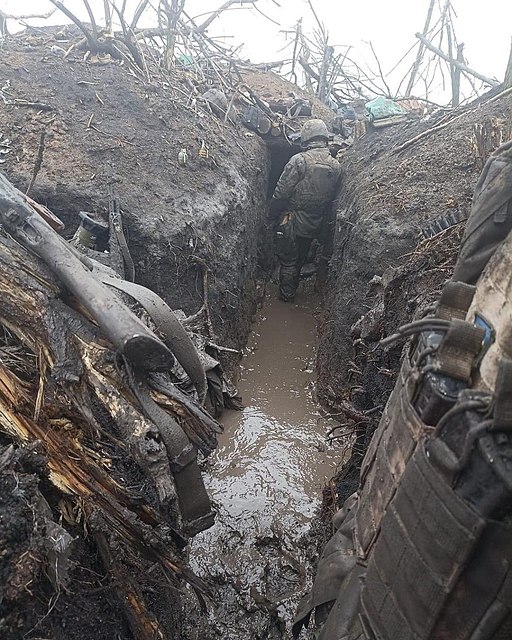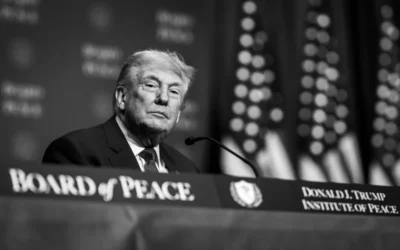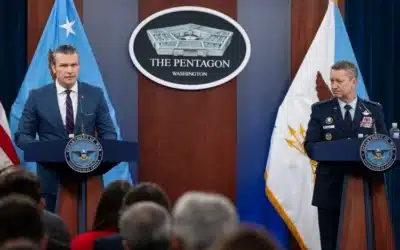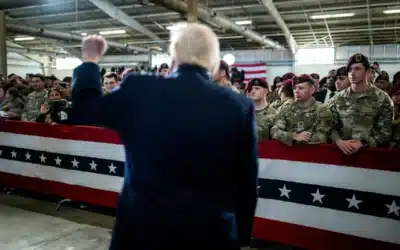A retired American Marine fighting in Ukraine told ABC News the frontlines are a “meat grinder” where soldiers survive an average of “four hours.”
Troy Offenbecker is fighting alongside Ukrainian forces in the Donbas region. Moscow and Kiev have been battling around Bakhmut for several months as Russia’s forces have slowly made gains around the city.
In January, Germany estimated Kiev was losing a “three-digit number” of soldiers daily fighting for Bakhmut. At that time, the White House believed President Volodymyr Zelensky was committing too many lives and resources to defend the city.
Offenbecker’s commentary suggests that the situation may be getting worse for Ukrainian soldiers. “It’s been pretty bad on the ground. A lot of casualties.” He assessed, “the life expectancy is around four hours on the frontline.”
He said the Russian attack on the city is not letting up and had turned into a “meat grinder.” “[The artillery] is nonstop.” Offenbecker explained the Russian forces are fighting around the clock. “[The Russians] have maybe run into a shortage of shells lately, but the past couple of weeks, it’s been nonstop. All day and night,” he told ABC.
Meanwhile, Kiev’s Western backers have expressed to Zelensky in recent weeks that NATO countries are struggling to find artillery shells to send to Ukraine. Secretary of Defense Lloyd Austin said the US will train Ukrainian forces on fighting methods that use fewer munitions.
The Kremlin ordered a mobilization of 300,000 troops last year. Western leaders have anticipated Moscow will order an offensive this winter. Ukrainian officials say that the Russian offensive is now underway, and Offenbecker agrees. “With the amount of shelling, the amount of armor that they’ve brought in, I think it’s started,” he explained to ABC.
Due to Moscow’s and Kiev’s tight control over their countries’ presses, it is unclear how substantial the death toll is for each country. Since the start of the war, Zelensky has nationalized Ukraine’s media, outlawed his political opposition and jailed citizens who opposed his administration.
Commenting on the state of journalism in Ukraine, press-union leader Serhiy Guz explained, “We never know what’s the basis of these accusations, what’s the pro-Russian link…It starts to look like a political accusation rather than a genuine crime.”
“A lot of journalists self-censor now,” he added.

































